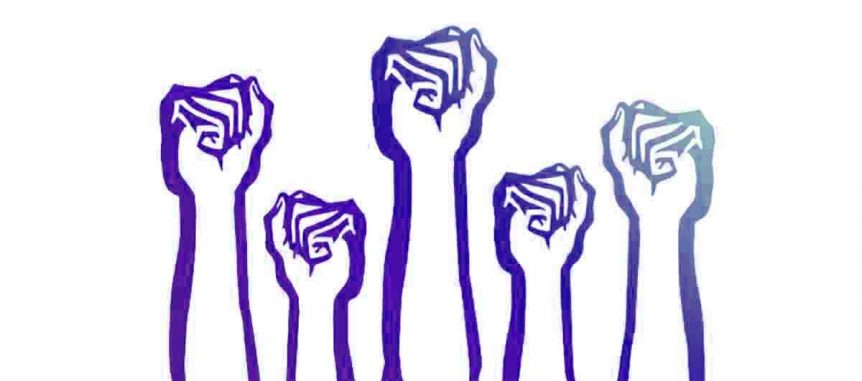
12 May, 2020
CIHRS Highlights State Reprisals Against Human Rights Defenders for Cooperating with the Human Rights Mechanisms of the United Nations
This post was first published by the Cairo Institute for Human Rights Studies
On 1 May 2020 CIHRS made a submission on reprisals against individuals cooperating with the human rights mechanisms of United Nations to the office of the Secretary-General. This submission focuses on intimidation and reprisals facing human rights defenders in the Arab region and covers Egypt, Libya, Syria, Yemen and Palestine.
The submission highlights reprisals for cooperation with the United Nations, its representatives and mechanisms in the field of human rights, which occurred between 1 June 2019 and 30 April 2020. The submission underlines the systematic pattern of severe reprisals directed against human rights defenders in Egypt for interacting with the UN, including with the recent Universal Periodic Review that took place in November 2019, and with special procedures mandate holders. In Palestine, Libya, Yemen and Syria human rights defenders are silenced by a range of repressive methods from threats and intimidation to arbitrary detention.
Bahey eldin Hassan, director of the Cairo Institute for Human Rights Studies, said:
“It is of utmost importance to put an end to the impunity enjoyed by states practicing intimidation and other reprisals against human rights defenders. Member States have an obligation to do all in their power to advance the promotion of human rights and fundamental freedoms. This submission, and the global report that will be issued by the Secretary-General shows that they are failing to meet that obligation.”
The submission, compiled with the cooperation and input of human rights defenders and organizations from across the region, sheds light on the use of intimidation and defamation as tools to silence civil society. On Palestine, a joint submission with Al-Haq and Al Mezan, focused on reprisals against civil society with the objective of maintaining the apartheid regime Israel imposes over the Palestinian people. The Israeli government, instead of responding to reports of violations of human rights brought to the attention of UN mechanisms by Palestinian human rights organizations, seeks to undermine the organizations by equating their work for human rights with terrorism—an increasingly prevalent global trend long practiced by Israel.
The office of the Assistant Secretary-General for human rights issues annual reports on reprisals for cooperation with the United Nations, its representatives and mechanisms in the field of Human Rights. In the August 2019 report on reprisals, the Secretary General declared that cases of reprisals are on the rise globally. He stressed that “these incidents are absolutely unacceptable. Our partners are indispensable, and we must all do more to protect and promote their fundamental right to engage with the United Nations.”
In resolutions 12/2, 24/24 and 36/21, the Human Rights Council defined reprisals as: “acts of intimidation or reprisal against those who:
(a) Seek to cooperate or have cooperated with the United Nations, its representatives and mechanisms in the field of human rights, or who have provided testimony or information to them;
(b) Avail or have availed themselves of procedures established under the auspices of the United Nations for the protection of human rights and fundamental freedoms, and all those who have provided legal or other assistance to them for this purpose;
(c) Submit or have submitted communications under procedures established by human rights instruments, and all those who have provided legal or other assistance to them for this purpose;
(d) Are relatives of victims of human rights violations or of those who have provided legal or other assistance to victims.”



